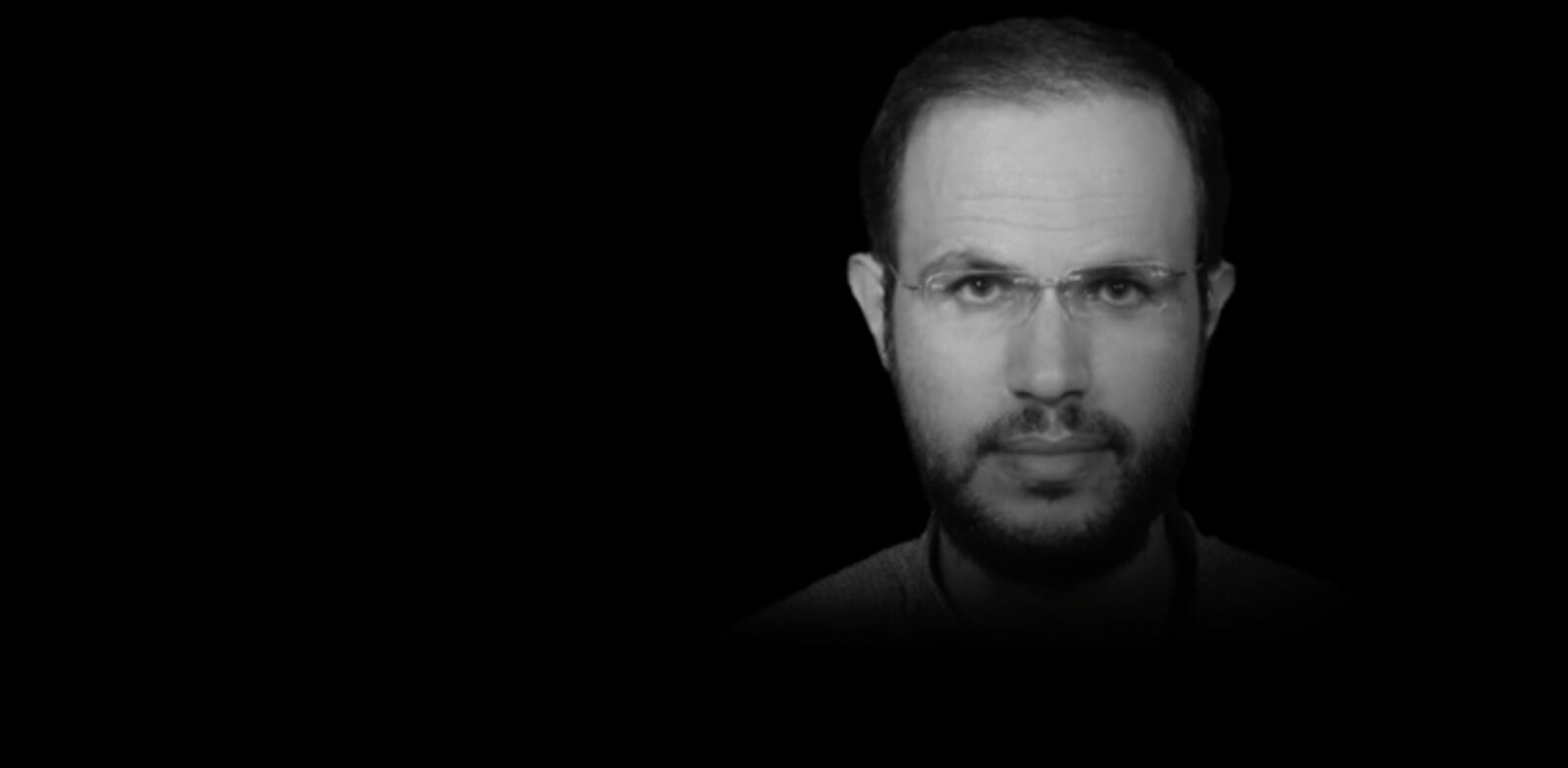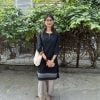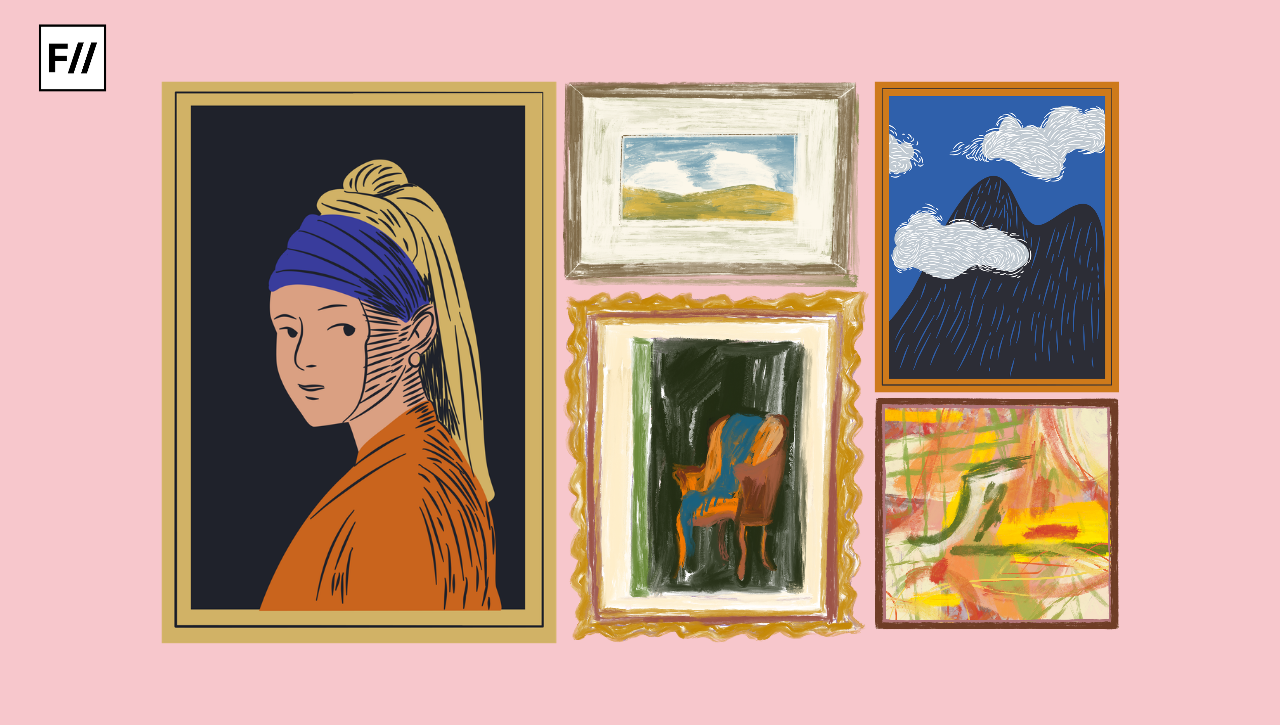For Palestinian poets, their poetry assumes a special significance. It serves as a reminder of the home they once had and contemplates the possibility of returning, for things will never be the same. In the face of Zionist propaganda, art becomes a tool for action, mobilisation and resistance. With lives and livelihoods torn asunder, words become a medium for reconstructing the memory of the homeland.
The strategy to shatter the resolve of poets who muster the courage to expose the displacement, deadening and dispossession of the Palestinians at the hands of Israel’s authorities and the enablers of war, is not a new phenomenon. Priscilla Washington remarks, “If words had no power to influence people’s feelings, then Israeli forces would not be arresting poets and other writers.” She believes that one must never allow any system of repression to define the meaning art carries for us and our community.
For her, “Poetry is not a life-saving surgery. No matter how much we may repeat the metaphor, poetry is not water. It cannot write the bombs out of the sky. It cannot put back together the bodies of a loved one, or build a safe place for even a mouse to sleep in Gaza. But this is not to say that poetry or words in general are useless in a time of genocide.”
Rasha Abdulhadi asserts that “Writing can be propaganda, counter-propaganda, or distraction. It can be healing, or harm, or escape.” Now is the time to throw sand on the waves of genocide. For him, poetry is that sand.
Here are five poems, right from the heart of Palestine, expressing both the desire to attain freedom and the will to resist Zionist occupation.
1. The Shelling Ended by Najwan Darwish
In his poem, Darwish presents a haunting image of his home, turned into ruins by bombshells. The flames ignited by the bomb envelop the poet in a silent fury. There is no room for mercy in this land, only misery prevails. No one shall be remembered tomorrow, fading into oblivion. His words have an undertone of warning to them, acquainting everyone with the fact that the shelling will spare no one.
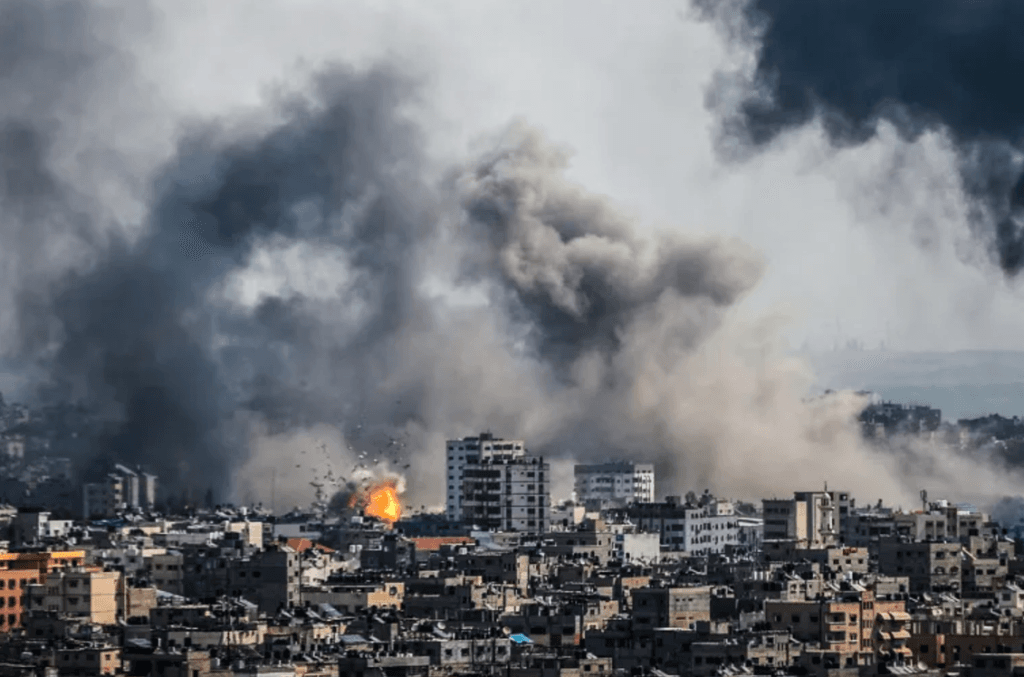
“No one will know you tomorrow.
The shelling ended
only to start again within you.
The buildings fell, the horizon burned,
only for flames to rage inside you,
flames that will devour even stone. . . “
In the course of the 20 years, since he commenced writing about the atrocities committed by the Zionist forces, he has witnessed his poetry being reshared over and over again, and it is appalling how his words continue to retain their timelessness. These words underpin the feeling of being all that a Palestinian is – helpless yet enduring and resilient and trace the lived experiences, hopes and aspirations for a secure homeland. They serve as a reminder to be empathetic to the incessant suffering Palestinians witness every day, a feeling, a fear that ironically cannot be articulated by us and cannot be fathomed by us.
2. If I Must Die by Rafaat Alareer
Refaat Alareer, before being killed in an airstrike by the Israeli forces, immortalised his fellow Palestinians who endured, battled and ultimately succumbed to the violence through the poem ‘If I Must Die.’
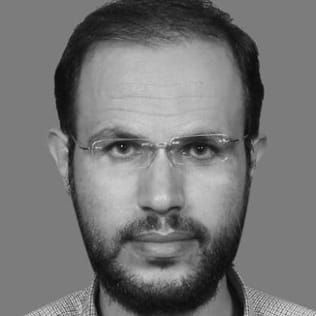
“If I must die
you must live
to tell my story
to sell my things
to buy a piece of cloth
and some strings,
(make it white with a long tail)
so that a child, somewhere in Gaza
while looking heaven in the eye
awaiting his dad who left in a blaze—
and bid no one farewell
not even to his flesh
not even to himself—
sees the kite, my kite you made, flying up above
and thinks for a moment an angel is there
bringing back love.”
The poet attempts to illustrate the sheer inhumanity of the Zionist occupation of Palestine and the horrors committed by them against men, women and children. Yousef Aljamal described the poet as “the giant of the Palestinian narrative coming out of Gaza.”
It is a hopeful reminder to the readers that the terrorising, supremacist agenda of the Zionist forces is to completely wipe out the existence of Palestine, to muffle voices from the land, to suppress the brave who dare to resist their oppression and to erase their identity from the face of this earth. He at once captures the gruesome violence meted out to them and their unstaggering spirit to resist, revolt and survive. He believes that this very spirit must not be extinguished and must be handed over to the next generation.
3. What is Home? by Mosab Abu Toha
Some may contend that words alone cannot help dodge a bullet or liberate innocents, but if we cannot envision a just, free world in our collective imaginations, in our words, how can we construct one?
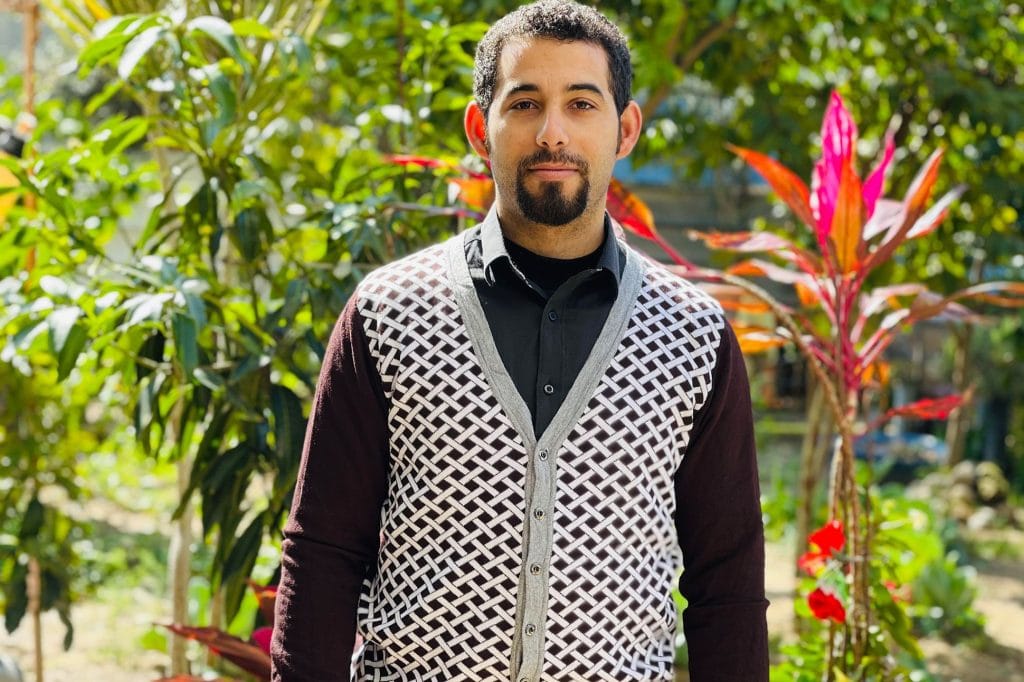
The poet attempts to encapsulate the essence of home, ranging from the comforting shade to crumbling walls, his mother’s warmth and devouring roast chicken before a bomb wreaked havoc. Ultimately, he is compelled to question, whether a four-letter word is enough to capture every feeling associated with home. Is it merely a physical structure or another word for the homeland, the people, the victims, the martyred, is it not a feeling of belongingness, of a shared past, collective imaginations and experiences?
“What is home:
it is the shade of trees on my way to school
before they were uprooted.
It is my grandparents’ black-and-white wedding
photo before the walls crumbled.
It is my uncle’s prayer rug, where dozens of ants
slept on wintry nights, before it was looted and
put in a museum.
It is the oven my mother used to bake bread and
roast chicken before a bomb reduced our house
to ashes.
It is the café where I watched football matches
and played—
My child stops me: Can a four-letter word hold
all of these?“
4. Hamza by Fadwa Tuqan
Fadwa Tuqan illustrates that resistance through words is no less notable than resistance through arms. The former becomes a form of protest, disenfranchising individuals to reject the hegemonising dominance of a politics of hate. She personifies the land as an entity “wearing a cloak of mourning in windless silence.” By perceiving the land as living and breathing, having a heart that beats, Hamza harbours the dream of its survival and revival.
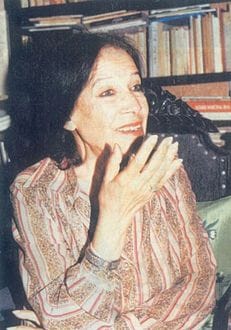
“Hamza was one of my hometown’s ordinary men
who did manual labor for bread.
When I saw him recently,
the land still wore its mourning dress in the solemn windless silence
and I felt defeated. . . .
But Hamza-the-unextraordinary said:
“Sister, our land’s throbbing heart never ceases to pound,
and it perseveres, enduring the unendurable, keeping the secrets of mounds and wombs.
This land sprouting cactus spikes and palms also births freedom-fighters.
Thus our land, my sister, is our mother!“
Hamza is a seemingly ordinary man, but the message Tuqan wants to put forth is that the onus of preserving one’s home lies upon the common man. Even if we’re powerless and armless, the will to attain freedom, bound by an intense love for the land, will never go in vain.
5. We Teach Life, Sir by Rafeef Ziadeh
These words were composed in response to a question posed by a journalist to the poet, “Don’t you think it would be all fine if you just stopped teaching your children to hate?” bound by frustration and the urge to expose the apathetic silence of media on the genocide Palestinians endure and succumb to every day.
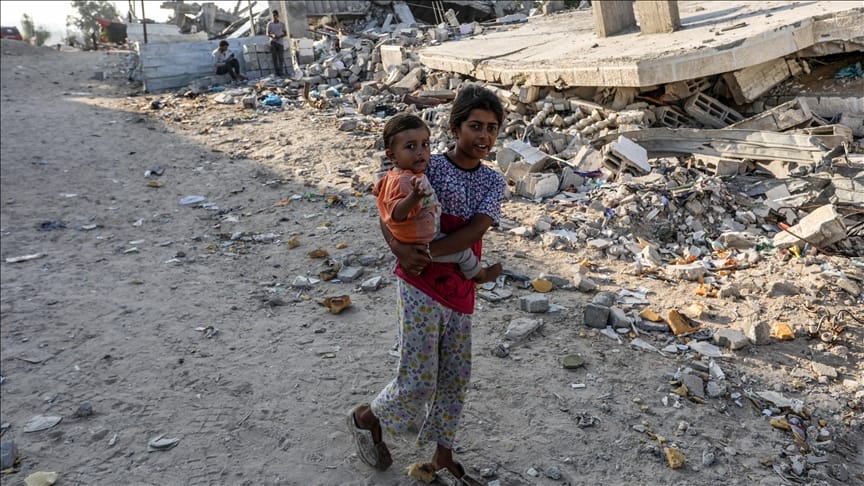
She believes that journalists fear challenging the status quo and are unwilling to highlight how Palestinians survive each day, even if they’ve lost their roofs, and still refuse to let go of their roots. They have been alienated from their family and mates by “apartheid walls.” Land can be captured, but not the resolve of the millions of Palestinians who have a profound sense of attachment to their soil and its people.
“We teach life, sir.
We Palestinians teach life after they have occupied the last sky.
We teach life after they have built their settlements and apartheid walls, after the last skies.
We teach life, sir.“
Remembering one’s land is like returning to one’s roots, not only for the poets of Palestine but also for the entire nation subjected to a collective fate of their identities being erased and a consistent struggle for survival.
For the Palestinians, disarmed and displaced, poetry serves as the only weapon they possess. Their voice and words are perhaps a substitute for their physical powerlessness.
In the face of mass ethnic cleansing and crimes against humanity, poetry becomes a spatio-temporal instrument for advancing the cause of Palestinian emancipation and resistance.
It grants an agency to narrate one’s version of truth. For the cause is not just about political emancipation, but emancipation of the human heart.
This is by no means an exhaustive or representative list. Suggestions to add to this listicle are welcome in the comments section.
About the author(s)
Syeda Shua Zaidi is a student of B.A. (Hons) Sociology, at Miranda House. Passionate about poetry, filmmaking, heritage walks, social work and all things vintage, you would find her reading the works of Murakami, Khaled Hosseini and Agatha Christie while treating herself to a cup of tea. Firmly a believer of "disagreements are welcome, disrespect is not".
